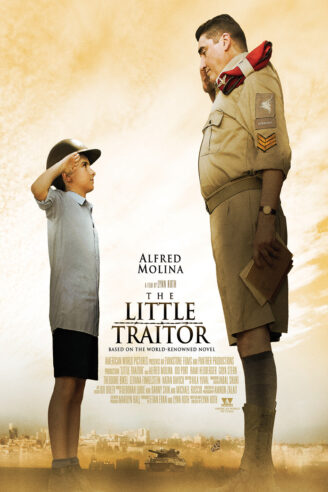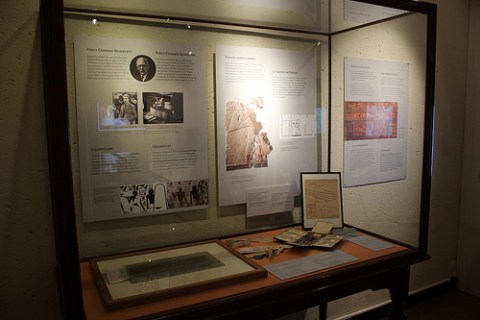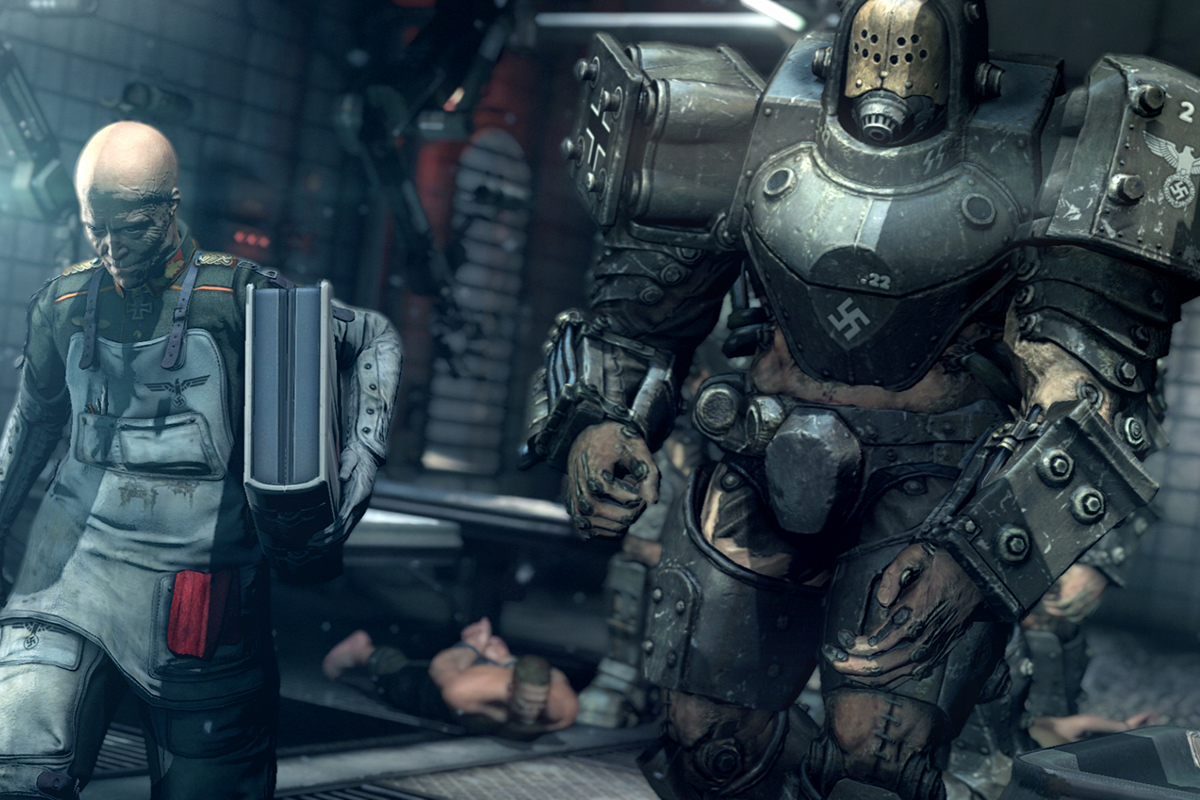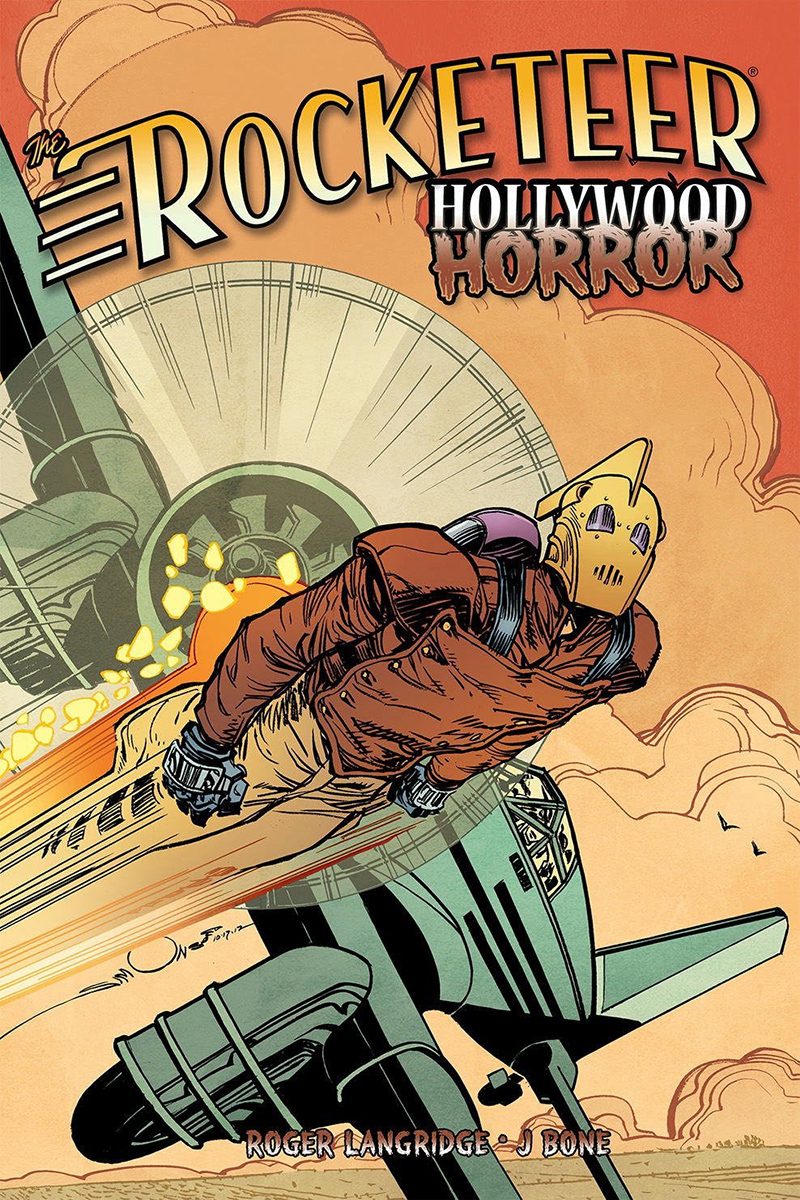Mandatory Palestine is, to put it lightly, a controversial period. A writer sympathetic to Israel will say the British favored the Arabs. A writer sympathetic to the Palestinians will say the British favored the Zionists. My own view is that they were trying to keep a lid on the powder keg; one that blew off as soon as Clement Attlee pulled British troops out of the Holy Land in 1948.
It is in the last few months of British rule that The Little Traitor takes place. The movie concerns a young Jewish boy, Avi Liebowitz (played by Ido Port), nicknamed “Proffy” for his bookishness, who commits acts of anti-British vandalism. Despite this, he ends up bonding over intellectual topics with Sergeant Dunlop (Alfred Molina). Much of the conflict comes from the dissonance inherent to the friendship between the population under the foreign yoke and one of the chains keeping that foreign yoke in place.
The central narrative thrust of this film is the relationship between Proffy and Dunlop. Proffy is earnest and believes strongly in a state for his people — all the more so because his family survived the death camps — but is also at heart an empathetic young man. Dunlop is a likewise empathetic and inquisitive character, who finds great intellectual joy in the history and traditions of the land in which he serves. In a better world, they could have been lifelong friends.
But Mandatory Palestine, mere months before the British withdrawal, is not a perfect world. This is a story about imperialists and imperialized (as the movie portrays the Jewish population of the mandate). What little you see of the broader military struggle, waged by Jewish militias against the British, is portrayed as a heroic prelude to the looming 1948 Arab-Israeli War.
If there is a significant flaw to this film, it is one it shares with Otto Preminger’s Exodus (1960, review here): a one-sided portrayal of events. There is little representation of Arabs in the movie, and what you do see makes it appear that relations between them and the Zionist Jews, who had been migrating to the land of Israel since the 1880s, were nice and peachy.
My judgement of The Little Traitor is similar to the one I gave to Exodus. As a film, it is a good character piece about people who have been caught up in the grand sweep of history. However, the history that this does show, when taken in isolation, leaves you with a distorted view of the period. By all means enjoy the movie, but pay close attention to what it doesn’t show as much as to what it does.





